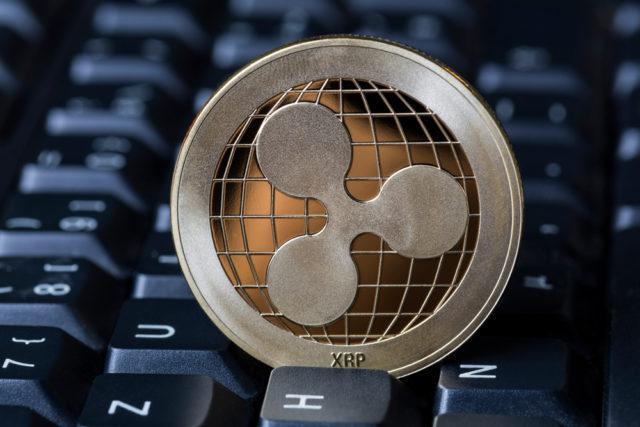The last “crypto winter”, which sent the values of bitcoin and other digital currencies plummeting, served as a healthy reminder that cryptocurrencies are highly risky investments. But this risk is by no means limited to price volatility.
If the company that holds your crypto assets declares bankruptcy or is unable to meet its financial obligations, you may be out of luck. While your traditional savings and investment accounts can never be 100% secure in the event that your institution becomes insolvent, your traditional bank and brokerage offer greater levels of guaranteed protection for your money than a crypto account.
Investors were reminded of this difference when Coinbase, a publicly traded cryptocurrency trading and storage platform, disclosed last month that if it ever goes bankrupt, customers can be treated as unsecured creditors by a bankruptcy court, which means they can lose their cryptocurrency investments.
“It is possible, though unlikely, that a court will decide to consider the clients’ assets as part of the company undergoing bankruptcy,” Coinbase CEO Brian Armstrong said in a tweet in early May.
But the company’s leaders have indicated that it is not at risk of bankruptcy and that “customer funds are safe.” The company also noted that it has updated its retail user agreement to clarify that customer assets are separate from – and not to be confused with – company assets.
However, in the case of bankruptcy, “a judge will follow what the law says, not what you put in your retail user agreement,” said bankruptcy attorney Alan Rosenberg. But, he added, “it is impossible to predict what would happen [porque] there is very limited case law”.
That’s because the legal, tax and regulatory frameworks for digital assets – not to mention the legal definitions of what a specific cryptocurrency is – are still being worked out. They are not legal tender and are not always viewed as securities.
This is partly why they don’t enjoy the same safeguards as more traditional financial accounts.
So read the legal fine print before buying, selling or storing digital assets with any company that facilitates cryptocurrency trading to see what protections they offer.
Given that Coinbase is publicly traded and therefore must be more transparent than private companies, its promises and safeguards are likely to be among the best on offer for anyone looking to invest in cryptocurrencies.
For investments and savings you’d like to feel a greater sense of security in, here are some of the top protections offered by traditional financial accounts.
If you have a checking or savings account, money market deposit account, or certificates of deposit with a bank or credit union, make sure the institution has deposit insurance.
Source: CNN Brasil
I am Sophia william, author of World Stock Market. I have a degree in journalism from the University of Missouri and I have worked as a reporter for several news websites. I have a passion for writing and informing people about the latest news and events happening in the world. I strive to be accurate and unbiased in my reporting, and I hope to provide readers with valuable information that they can use to make informed decisions.







